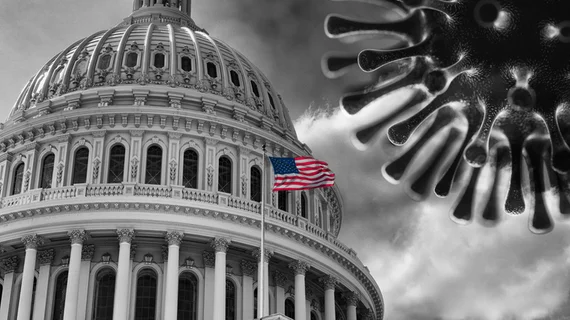Insurers will cover at-home COVID-19 tests starting Saturday
Insurance companies and group health plans will be required to cover the cost of at-home COVID-19 tests beginning Saturday, January 15.
Under direction from the Biden administration, most individuals with private health coverage can buy a test online or at a pharmacy and either receive it free of charge or get reimbursed by submitting a claim. The move entitles patients to eight free over-the-counter tests per month, the administration said Monday.
“This is all part of our overall strategy to ramp up access to easy-to-use, at-home tests at no cost,” HHS Secretary Xavier Becerra added. “By requiring private health plans to cover people’s at-home tests, we are further expanding Americans’ ability to get tests for free when they need them.”
PCR and rapid tests ordered or administered by a healthcare provider will still remain fully covered by insurance with no limitations.
The administration is striving to incentivize private insurers to establish pathways for covering at-home tests upfront, without messy reimbursement processes. This push is part of the president’s ongoing efforts to ramp up testing capabilities in the face of the omicron variant, which includes 500 million rapid tests purchased by the government that were sent out beginning Jan. 1.
One of the nation’s largest insurance groups, Blue Cross Blue Shield, said it supports the administration’s moves, but noted supply issues remain a looming problem.
“We are concerned that the policy does not solve for the limited supply of tests in the country and could cause additional consumer friction as insurers stand up a program in just four days’ time,” Blue Cross Blue Shield Association President and CEO Kim Keck said in a Jan. 10 statement. “We will continue to partner with the administration and retailers to help make this work and advocate for policies that promote affordable and equitable access.”

